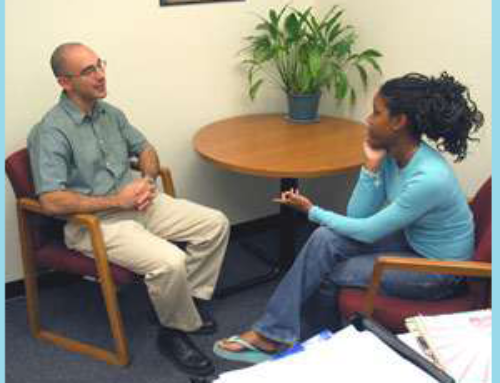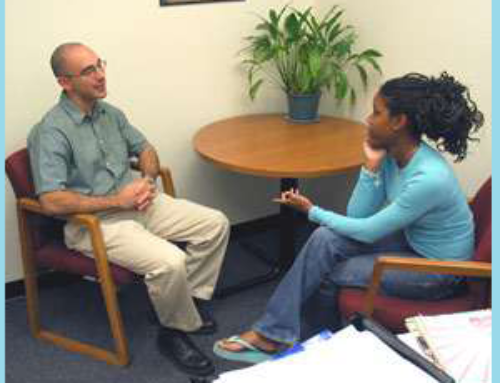Given the number of years we spend in adulthood compared to childhood, there is surprisingly little research into this stage of life. In recent years there has been more interest due to the acknowledgement that modern life has become increasingly more complex and demanding and the fact that adult lifestyles change over time as well as the fact that young adults are staying home with their parents much longer.
As young people extend the transition to adulthood by delaying marriage and childbearing and expanding education, parents also extend their role in the lives of their children. As youth move into adulthood, families continue to greatly influence their children’s life chances and outcomes by, for example, providing social and employment connections, paying for college, and providing direct material support in the form of time, money, help, and shared housing.
Young adulthood is an overlooked era. Yet the period between ages 18 to 30 is a time of profound change, when young adults acquire the skills and education they need for jobs and careers, when they establish households and relationships, begin families, and begin to contribute to society in meaningful ways.
If we think about stages of adulthood in terms of issues and challenges of young adulthood, middle age, later adulthood, and old age, then there are major differences in terms of competition from interests that may affect the amount and type of life experience, and interest in an intentional spiritual journey.
In young adulthood, people often focus on finding a livelihood that is right for them and making decisions about mate selection and family formation. By the time people reach middle age, their job and family responsibilities often become routine, perhaps still demanding but well within their capacity, and opportunities for community involvement often increase. In later adulthood, having launched children into adulthood and having retired from the workforce can bring increased freedom to choose a life quite different from what has been known. In old age, many people maintain their involvement in community organizations, especially religious organizations, and a few find themselves serving as spiritual elders.
ATTENDING COLLEGE OR LEAVING THE NEST
Going to college is more than just "going back to school." The departure is a significant milestone in the life of a family and ushers in a time of separation and transition, requiring an adjustment on the part of parents, the college bound youngster, and the whole family.
Moving on to college represents a significant step towards adulthood. Whether the student lives at home or goes away to attend college, the move represents an emotional separation for both parents and child. For most, the end of high school marks the symbolic end of childhood. This phase of life, especially when the student moves from home, is often referred to as “the empty nest.”
College provides a time of socially recognized independence from parental rules and restrictions. Although the legal age of adulthood varies for such things as voting and drinking, going to college is an obvious sanctioned move towards independence. However, independence is not conferred automatically at a certain age or in a specific place. It is achieved by practicing how to think for oneself and take responsibility for one's actions. College students can feel invincible and able to take risks. But both the opportunities and the consequences can be high. The college freshman will be confronted with abundant pressures related to social situation like sex, drugs, and alcohol.
It can be daunting to leave the security of family and friends. When going to college, students often must leave, or give up, one group (of family and friends) then accommodate and learn about a new group. It can be stressful to analyse new social norms, learn a new set of behaviours, and consider adopting a particular identity and group affiliation. The opportunities can be exhilarating but the choices should not be made hastily.
MARRIAGE
Most research shows that in the early years of marriage there is much talking and spending time together, undertaking activities, disagreeing and making up. Those that have children often report that they spend less time with each other and that there is a reduction in the inter-personal intensity of the relationship. Many couples report becoming closer again once the children have left home.
Marriage is an “institution to which we look for love, companionship, and emotional gratification, and is the context for ego development”. (Reference: Seifert, Hoffnung & Hoffnung (2000))
A person’s development throughout married life also depends on whether the partnership is viewed as being equal where both partners share responsibility, negotiate and exchange information relevant to the goals and direction of the family. Even though the marriage has officially bonded a couple, each person still needs to maintain their self identity within the dual partnership.
“Decision making power in relationships is another measure of equality”
(Reference: Seifert, Hoffnung & Hoffnung (2000))
Personal development in a marriage is influenced by the ability of both people to reach mutually beneficial decisions which impact positively on the marriage.
WORK AND ACHIEVEMENT
Today there is still a focus on education and the need to obtain a college degree or at least some additional training or education after high school. The technology is changing quickly. The use of the internet has opened up to a greater opportunity to obtain knowledge and information. There is also a longer life expectancy. Since there is longer life expectancy there is a longer period to prepare for adulthood. The average age of an adult today is around 24-25. In the 1900’s the average age of adulthood was 17-18.
There have been a number of stage theories, which have suggested that we pass through distinct phases in adulthood. As well as Erikson’s psychosocial conflict theory, Levinson proposes eight seasons of adulthood. He suggested that his seasons overcame the notion often implied in stage theories that a later stage is better than a previous one. Gould emphasises the self as agent active in determining its own experiences rather than just passing through stages or seasons.
Typically there is more emphasis on work and achievement in middle adulthood. Research on work satisfaction indicates that older people are more satisfied with their job performance and careers than younger people.
Many people reassess career decisions and plan new directions and objectives for their future working lives over this period.
Many people also value their work highly in early or mid adulthood, and this motivates them to achieve greater results.
Seifert, Hoffnung & Hoffnung (2000) add that ‘plataeuing’ can occur where people reach “a point of constricted occupational opportunity when boredom may replace feelings of activity, growth and change”.
Even successful people may reach a stage in their careers where they feel negative emotions and feelings about their job positions.
Extract from Developmental Psychology Course by Health Academy Australia.





Leave A Comment